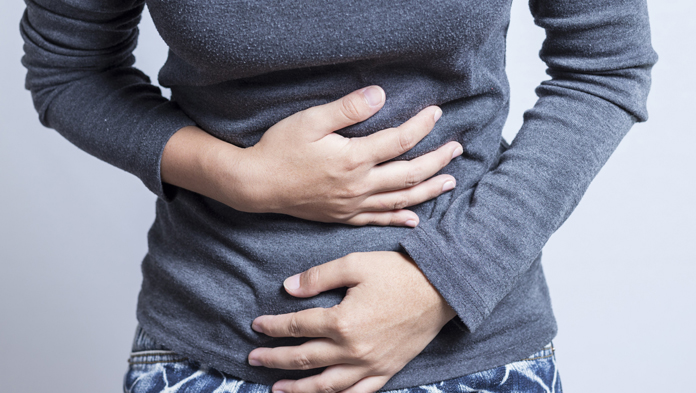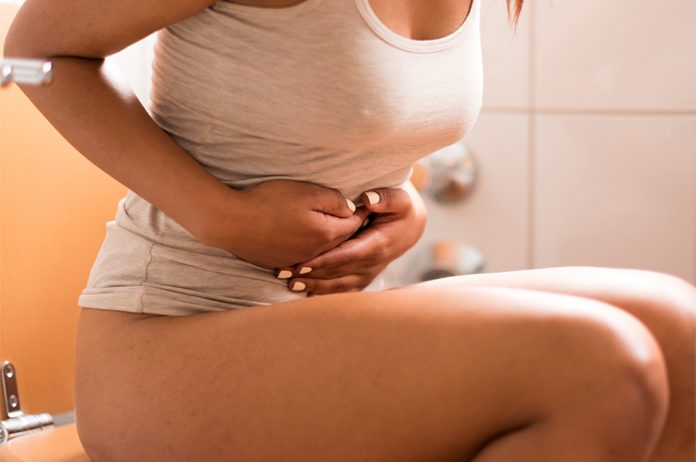Our body’s excretory system flushes out toxins and waste matter by way of stool and urine. When your body is diseased or ailing, changes in the stool pattern are important indicators.
Usually, most people complain of loose stools when stomach infections such as Giardia or overeaten. But when you have a loose stool for months, needless to say, something is seriously wrong in your body.
It’s important to know the proper symptoms and at the right time to prevent any long-term damage.
Loose stools vs. Normal stools – How to know?
Normal stools are usually soft and pass out easily or a little hard on some days, depending on food and water intake. Loose stools are watery and shapeless, having a fouler odour.
If you have loose, watery stools every day for a long time, along with nausea and stomach cramps, then it’s definitely diarrhoea. These gastrointestinal symptoms help to distinguish between diarrhoea and one-off loose stools. Overeating may cause loose stool temporarily, and it may not be watery but only too soft.
What causes loose stools?
Loose stools can be caused due to a variety of factors. While some of them are simply diseases of the gastrointestinal system caused as autoimmune disorders, others can be effects of the unregulated or unchecked intake of food, drinks and medicines.
Irritable Bowel Syndrome
This is also considered a psychosomatic disorder. Mainly affecting the large intestine involves passing out stools more frequently than once a day. It also has phases of constipation as well. And in most cases, it happens if the patient has a history or conditions of severe anxiety. Bloating, cramps and gas are its other effects.
Celiac disease
This is an autoimmune disorder and is caused due to the body’s inability
Coffee
No matter how many times that cup of love makes you happy, excess happiness is always fishy. Coffee acts as a stimulant for intestinal muscles, and also its acidic nature produces bile, both of which cause frequent loose stool discharge.
Fructose
This is a kind of sugar found in fruits, juices and certain vegetables. Basically, it is a natural sweetener. So how does fructose cause loose stool? If you have fructose malabsorption, then an overdose of fructose intake will give you a hard time.
Bile acid malabsorption
This is a kind of disorder where the body is unable to reabsorb the acids from the bladder. The irritation that results in the body causes a discharge of loose stools and bloating, and abdominal cramps.
Lactose intolerance
A prevalent reason, lactose intolerance, is when the body doesn’t produce lactase and cannot digest milk solids or dairy items. Many patients have to pass out loose stools after they ingest dairy-based items like ice cream or milk.
Sugar alcohols
These artificial sweeteners are not well absorbed by the human body, resulting in excess consumption and loose stool. These sugar alcohols cause a hydro imbalance wherein they pull out water from the bloodstream and into the intestines.
Oily and spicy foods
Our sensitive intestinal lining gets severely affected by hot and spicy foods, and the undigested compounds reach the intestines causing inflammation and diarrhoea after eating. Abdominal pain and stomach cramps are symptoms of this damage.
Ulcerative colitis
This disease affects the digestive system and is a chronic disorder. Patients suffering from this experience diarrhoea, rectal bleeding, cramps, abdominal pain and fatigue.
Certain medications
Medications meant for certain deficiencies or excesses in your body often end up causing harm to your gastrointestinal system. Excess intake of magnesium tablets and antibiotics tend to cause loose stool for months.
Food poisoning
This is a prevalent cause of diarrhoea. Certain kinds of bacteria, when ingested via food and drink, can cause harm to the body’s immunity by attacking the most important functioning organs. Food poisoning causes stomach cramps along with abdominal pain and diarrhoea.
Dumping syndrome
For patients who have had gastric surgery, food and water pass down quicker than normal, leading to passing out loose stools for months. Dizziness, sweating, faster heartbeat and feeling full even after not eating too much are distinguishing symptoms of dumping syndrome.
How damaging can loose stools be?
Constant discharge of watery loose stools takes a toll on health by causing fatigue and loss of important nutrients. It leads to a maladjusted state where improper digestion and very poor or no absorption of important nutrients.
Fatigue, dizziness and malnutrition are immediate effects of loose stools for months. Damage of the rectum, intestinal cilia and the digestive system, in general, are long-term effects.
If you are passing out blood with your stool, it can make you anaemic.
Seeing a doctor is recommended when loose stools occur more frequently than usual, fatigue, vomiting, and bleeding.
Read More: Treatment For White Specks In Stool

So, how to cure or control runaway stools?
Increasing water intake is the foremost solution to this problem. Since loose stools lead to severe water and nutrient loss, staying hydrated is important. Staying hydrated is also important to replenish the lost strength. Having ORS is very helpful during this time.
Avoiding trigger foods and increasing your intake of probiotics is helpful and goes a long way in recovery. And if you continue this even when you don’t have diarrhoea, the chances of repeat goes down.
Medicines that counter diarrhoea and cause stool discharge to stop are also recommended. Sometimes these medicines are available over the counter, but the medicine should be regulated depending on the symptoms. In-home remedies, you can try out honey and fibre intake, but then again, that depends on your doctor’s advice.
Prevention and Taking Care
It’s important to be conscious of one’s inner health. Avoiding trigger foods and controlling lifestyles are ways to prevent possibly debilitating diseases.
Not ignoring symptoms and keeping track of it over time are further ways of early detection of diseases.






